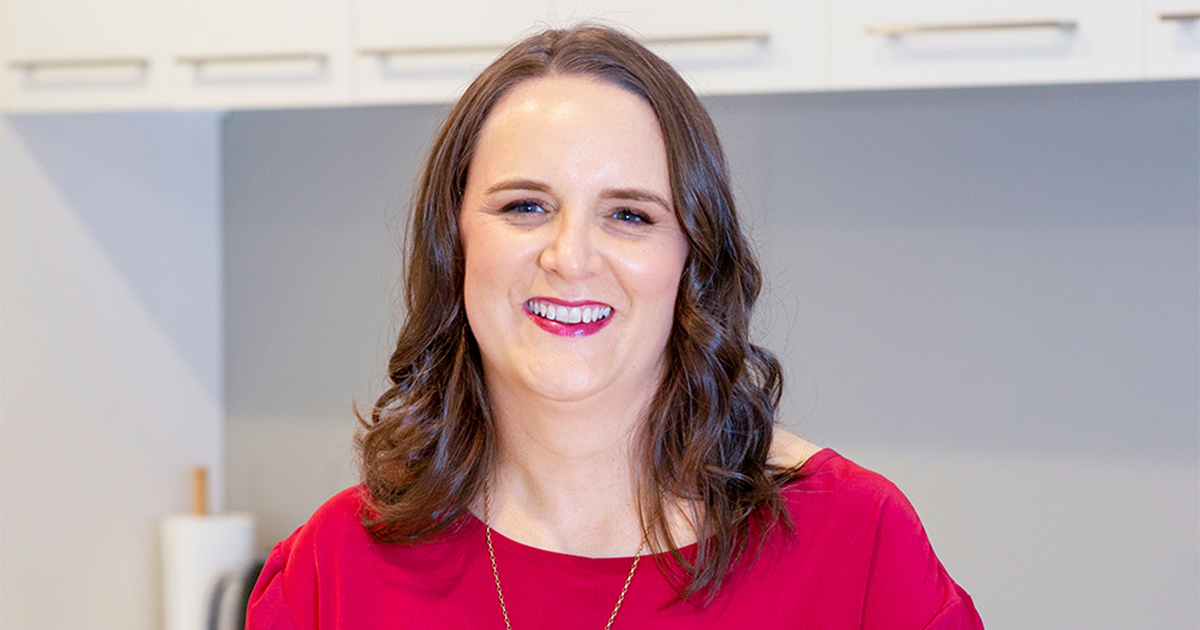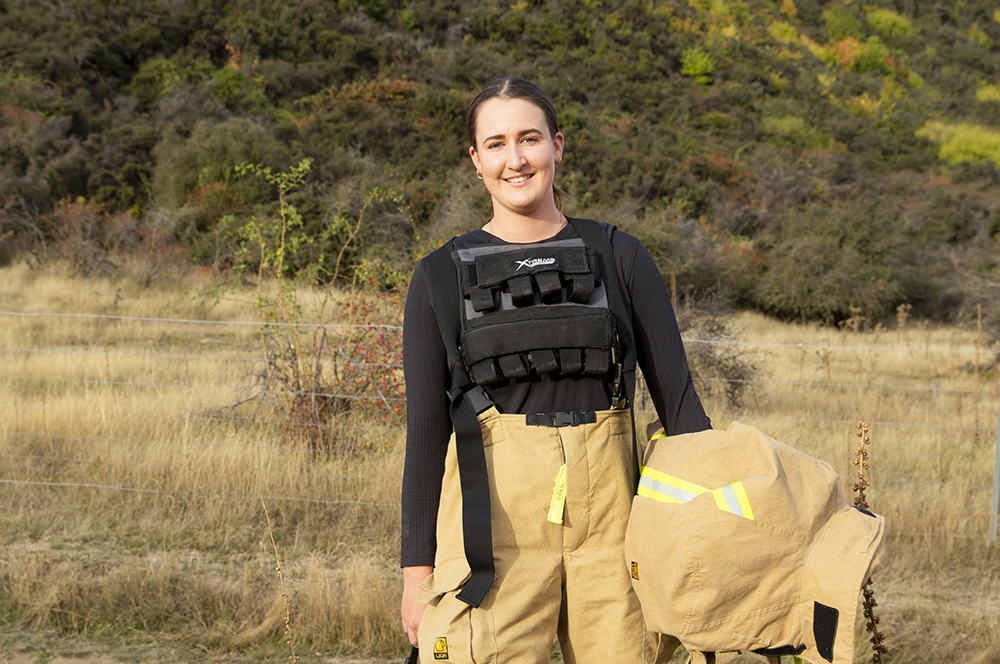It’s not a job for the faint-hearted. Decades of rubbish piled high, dead rats (and live ones), human waste… In the 17 years Fionna Gotts has been running a waste removal and house clearance company in Auckland, she’s seen some pretty horrific sights.
“The worst one I ever saw was in Ponsonby. It was over-run with rats, the bathroom floor had rotted, you couldn’t use the toilet and there was waste everywhere,” she recalls. “I’ve also seen a house so full of rubbish, the owner lived under an awning in the garden because he couldn’t get inside.”
Yet as grim as the job can be, Fionna loves what she does. As the CEO of Junk Run and its subsidiary House Clearances, her job not only involves clearing out properties that look like they should be on TV series Hoarders, but also dealing with deceased estates, and saving useful and treasured items from ending up in landfill.
“It can be very stressful at times, but it’s also very rewarding,” says Fionna. “It’s good to feel like you are making a difference.”

Fionna understands how hard it can be letting go. “I’ve got stuff under my house I haven’t had the heart to get rid of.”
A self-confessed “greenie”, British-born Fionna got into the waste-removal business because she was troubled by how much rubbish ended up at the dump when it could have been re-purposed. She had previously been a professional athlete – as a K2 canoeist and swimmer, she moved to New Zealand from the UK because of our wonderful waterways – and then had a background in business and marketing, including working for Louis Vuitton during the America’s Cup in New Zealand.
In 2005, she and a friend had a conversation about what a consumer-driven society we live in, and how much stuff goes to the dump.
“People think a lot of things get recycled, but they don’t – they end up in landfill. So, Junk Run was set up to divert good-quality furnishings, appliances and household items back into the community. I’ve always been interested in other people benefiting from what has been thrown out.”
Initially, the company had one truck and was run from Fionna’s basement. Now it has six vehicles and 16 employees. After starting out mostly clearing out deceased estates, Junk Run moved into doing more commercial work, such as stripping offices and shops, and getting rid of construction waste. So Fionna set up House Clearances to focus on residential clearout.
“I enjoy being able to honour people who have lived a full life and look after the things they have left behind. We do our best to be as sensitive as possible as we’re going through people’s personal possessions and really value the things that meant something to them. That’s why we have a lot of women on staff – they’re really good at being compassionate as well as organised.”

Couch co-ordinator: The former K2 canoeist and swimmer is letting the team do the heavy lifting these days!
Fionna says they’re seeing more homes lived in by hoarders, who are in some cases still there when family members or other concerned parties ask House Clearances to go in and clear out the mess.
“We’re seeing a lot more of these types of places because of the effects of the pandemic,” she says. “We see people who have been stuck inside their homes, and are feeling fearful and alone, and when that happens, they can lose their reasoning and worry they are going to be without things they need. So they go and stock up on items, or they pick things up off the street, and the house becomes so full of junk, they end up living in one room. It’s so sad to see.”
Happier parts of the job include finding items that have been squirrelled away or misplaced, sometimes for decades. They’ve found precious jewellery wrapped in tin foil and also medals and letters between siblings from World War I, which were given to Auckland Museum as there was no family to inherit them. They pass on items likely to be of sentimental or monetary value to the family and find appropriate homes for as much of the remaining “junk” as they can.
They can usually save around 80 percent of items from going to the dump by sending them to charities and organisations who can re-purpose or on-sell them. Fionna has an in-depth knowledge of what’s valuable (her parents were antiques experts) and an extensive network of contacts, so she knows who to call when they unearth collections of everything from crockery and dolls to magazines.
When it comes to her own home, she’s very good at living sustainably and producing very little waste.
“But I don’t exactly live a minimalistic existence,” Fionna admits. “I’ve got stuff under my house that came out of a dear friend’s home when she died – crockery and lampshades, and things like that – and I haven’t had the heart to get rid of them. And I do tend to keep good quality things – you never know when they might come in handy! So, I can understand people who like to hold onto things!”


